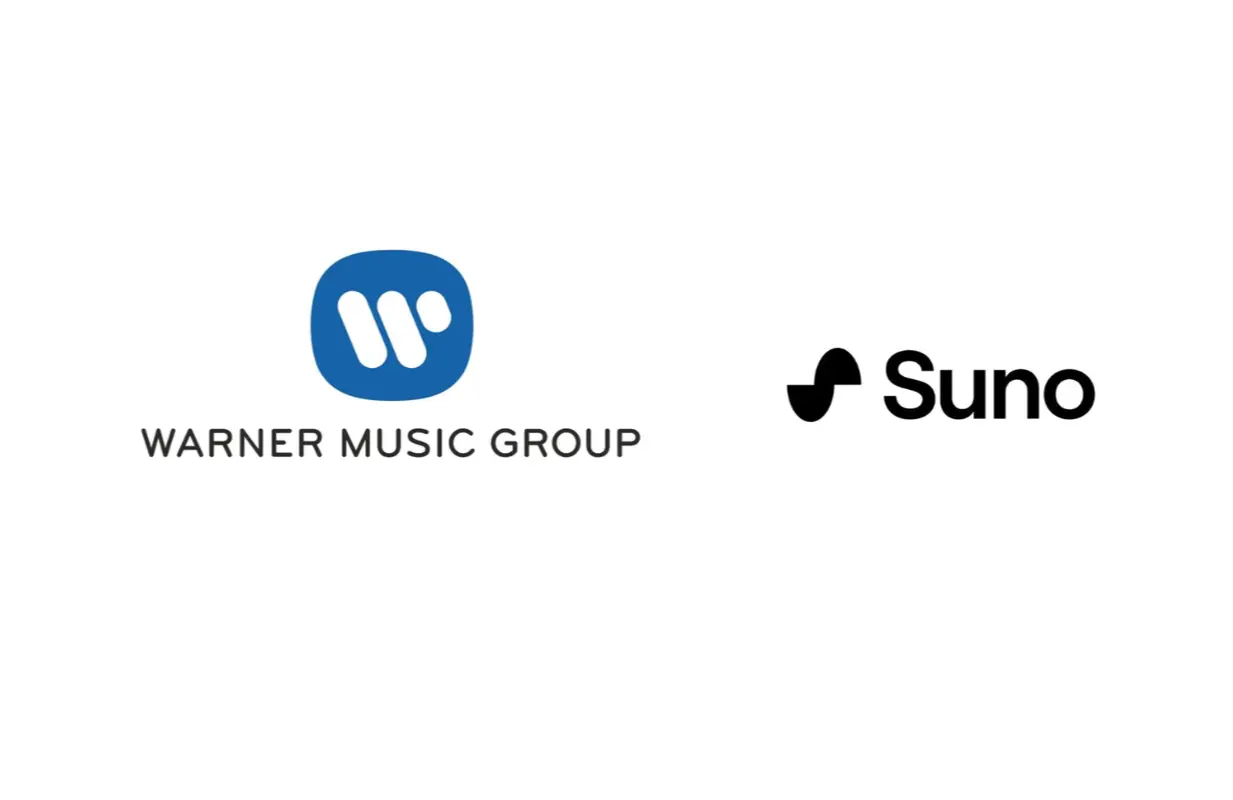What does the new Suno–Warner Music deal signal for the future of AI-generated music after their recent feud?
-
 Suno–Warner Deal Marks a Shift in AI Music Licensing Models (Image via X / @PopCrave)
Suno–Warner Deal Marks a Shift in AI Music Licensing Models (Image via X / @PopCrave)The recent settlement between Suno and Warner Music Group reflects a broader shift in how artificial intelligence platforms and major music labels are redefining their working relationship after months of legal tension. Instead of dragging things into endless court fights, both sides decided to create a licensing system. This system sets clear rules for using AI to make music.
Suno and Warner Music settle their dispute and sign a licensing deal, marking a significant step in AI-generated music.
— Pop Crave (@PopCrave) November 26, 2025
Under the deal, artists can approve AI-generated music as Suno rolls out updated models and integrates Warner’s Songkick platform. pic.twitter.com/T9ARPsp5cIThrough this agreement, Suno can release licensed AI models starting next year. By 2026, these models will replace the current ones on the platform. This change marks a shift from controversial training methods to more organized teamwork between AI creators and music rights owners. It also sets an example of how generative AI businesses might handle intellectual property issues in the future.
This change shows a trend of resolving issues instead of intensifying conflicts in the industry. Udio, a rival of Suno, also settled its disputes with Warner Music and Universal Music Group not long ago. These actions imply that record labels prefer forming managed business partnerships rather than facing prolonged legal battles. At the same time, they aim to safeguard the worth of their music collections and uphold the rights of their artists and songwriters.
Suno’s new strategy for AI Music access and licensing
Suno plans to make big changes to how users can access and share AI-created music as part of its new strategy. People using the free version will be able to play or share the music they create, but they won't be able to download it. Those who pay for subscriptions will get a set number of downloads each month and can buy more if needed. Suno is also adding Warner’s Songkick platform and tweaking its model setup to fit with licensed content rules.
This update comes not long after Suno secured $250 million in funding, bringing its value to $2.45 billion. With this funding, the company is set to expand its product offerings and deal with stricter rules and expectations around how AI-made music operates.
The new agreement includes provisions for artist involvement, allowing creators to approve AI-generated outputs tied to their work. Suno CEO Mikey Shulman has said (via Reuters):
"We'll be rolling out new, more robust features for creation, opportunities to collaborate and interact with some of the most talented musicians in the world."
Big music companies keep handling worries about AI-made music issues like giving credit, being original, and telling it apart from human-made songs. The licensing agreement shows an organized effort to match new technology with protecting rights as the music world adjusts to the fast-changing digital scene.
TOPICS: Warner Music